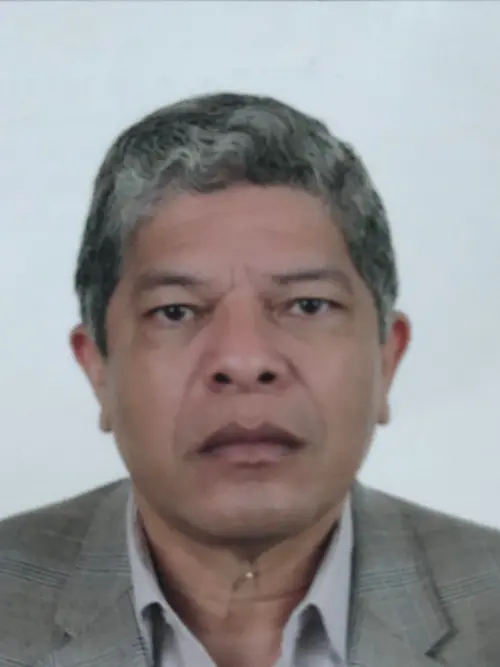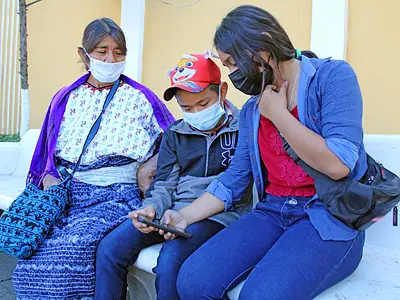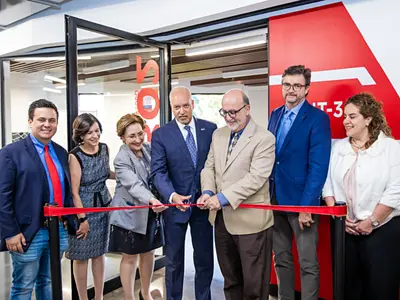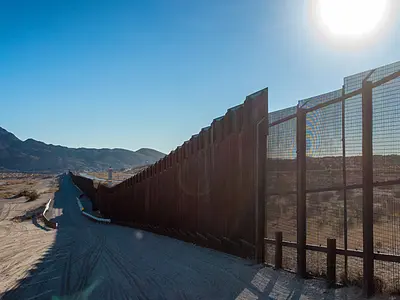As both a global research institute and a leading international development organization, RTI combines our project implementation and technical expertise with those of our partners to co-create smart, shared solutions for a more prosperous, equitable, and resilient world.
For over 20 years, we have collaborated with clients and partners in Guatemala to advance sustainable, multi-sectoral solutions for the most difficult development challenges. In all that we do, we strive for transformative change built on equity and inclusion.
Our experience and recent project implementation include:
Education in Guatemala
- We provide evidence-based approaches to strengthen education policy, management, and practice at every level—from classrooms to national ministries—to achieve measurable improvement in education quality and, ultimately, learning outcomes.
- We work with Guatemala’s Ministry of Education and partners to improve foundational reading, writing, math, and social and emotional skills in an effort to increase the number of students who successfully transition from elementary to middle school in Guatemala’s Western Highlands.
- We partner with World Vision under the Community Roots Project, working with municipalities and communities to develop strategies for reducing violence and irregular migration, address the causes of violence of both, promote community policing strategies, and connect youth to educational and employment opportunities.
Energy in Guatemala
- We worked with the Government of Guatemala (GOG) to formulate the country’s first Low Emission Development Strategy with participation from more than 300 representatives in the public and private sectors, academia, indigenous organizations, cooperatives and organized groups.
Governance in Guatemala
- With the Universidad del Valle and other local partners, we helped establish a Sustainable Economic Observatory—an independent research center/think tank—to strengthen the participation and contribution of civil society, the public and private sectors, and other stakeholders in dialogue, analysis, design, and implementation of effective policies and programs at both national and local levels. An important outcome was to create an Innovation Roadmap to strengthen the innovation ecosystem and subsequently increase the impact that science, technology, and innovation can have on the GDP of Guatemala.
Health in Guatemala
- Leader in health systems strengthening and part of a consortium on the USAID Health Policy+ program, working to improve the enabling environment for sustainable health services with an emphasis on family planning and reproductive health (FP/RH), maternal and child health (MCH), and HIV and AIDS. RTI has been providing support to the Guatemalan Ministry of Public Health and Social Assistance in support of its decentralization policy, including working with the Ministry to update the country’s decentralization policy, developing and disseminating the technical guide to the decentralization process, as well as developing and running workshops to support the roll-out of the decentralization policy in key municipalities.
- Under Health Policy +, we support Guatemala’s response to COVID, including leading the design and implementation of the country’s COVID vaccine roll-out strategy and establishing 8 mass vaccination sites and 11 small vaccine centers.
- Serve as the data collection and analysis center for the U.S. National Institutes of Health’s Global Network for Women’s and Children’s Health Research, the Preconception Maternal Nutrition (Women First) project funded by the Bill & Melinda Gates Foundation, and the International Cohort Study of Children Born to Women Infected with Zika Virus during Pregnancy.
Private Sector Engagement
- We have extensive private sector engagement and resource leveraging experience. Through the USAID Alianzas program, we pioneered new mechanisms for cooperation between public and private partners and established a new, sustainable model for development—for the people of Guatemala, Nicaragua, and El Salvador. In total, Alianzas leveraged more than $80 million from the private sector, significantly improving health services and educational opportunities in the three countries.
Resilience in Guatemala
- Support the Office of U.S. Foreign Disaster Assistance’s (OFDA) Regional Disaster Assistance Program for Latin America and the Caribbean to maximize response, planning, training, and risk reduction efforts in 27 countries in the region, including Guatemala.
Violence Prevention in Guatemala
- We partner with World Vision under the Community Roots Project, working with municipalities and communities to develop strategies for reducing violence and irregular migration, address the causes of violence of both, promote community policing strategies, and connect youth to educational and employment opportunities.
- We led the Model Police Precinct (MPPs) project funded by the U.S. Department of State’s Bureau of International Narcotics and Law Enforcement which established 129 municipal MPPs in all 22 departments of Guatemala, greatly improving collaboration and coordination between local municipal governments and the Guatemala National Civil Police (Policía Nacional Civil). This project expanded the concept of the MPP by strategically linking the security priorities of municipalities, especially Municipal Transit Police (Policía Municipal de Transito), to the national security plans being implemented by the National Civil Police.
- We conducted a study to investigate the impact of deportations from the U.S. to Guatemala and the forces driving migration in Central America.
Water Resources Management in Guatemala
- We have applied the Hydro-BID model to project changes in water resources and usage in several countries including Guatemala.
- Developed optimization model to estimate the value of surface water to the agriculture sector in select river basins of Guatemala
Select Recent Project Experience in Guatemala
| Project | Funder | Duration |
|---|---|---|
| Basic Education Quality and Transitions Activity | USAID | 2022–2027 |
| Data Coordinating Center for Preconception Maternal Nutrition Study | Bill & Melinda Gates Foundation / University of Colorado | 2012–2021 |
| Community Roots Project | USAID / World Vision | 2016–2021 |
| Regional Disaster Assistance Program | USAID | 2009–2021 |
| Data Coordinating Center for the International Cohort Study of Zika in Infants and Pregnancy | Eunice Kennedy Shriver National Institute of Child Health and Human Development (NICHD) / Westat | 2016–2020 |
| Technical Support to Centro de Soporte Hydro-BID (CeSH) | Inter-American Development Bank | 2017–2020 |
| Guatemala Low Emission Development Strategy | USAID | 2014–2019 |
| Municipal Public Safety Center Project (MPP) | U.S. Department of State | 2016–2020 |
| Prevention with Positive (PwP) and HIV Prevention with Central American Military Personnel) | U.S. Department of Defence | 2013–2017 |
| Guatemalan Homicide Study | USAID | 2013–2015 |
| Data Coordinating Center for the Global Network for Women’s and Children’s Health Research | NICHD | 2001–2017 |
| Ultrasound Use to Improve Pregnancy Outcomes in Low Income Country Settings | Bill & Melinda Gates Foundation | 2012–2016 |
| Thermoelectric-Enhanced Cookstove (TEFCA) for Clean Biomass Cookstoves | Department of Energy | 2013–2015 |
| Multi-Sector Alliances Program (Alianzas) | USAID | 2010–2014 |
| Violence Prevention Program | USAID | 2010–2014 |
| Integrated Model of Climate Change and Water Resources | Inter-American Development Bank | 2011–2013 |
Related Projects
Improving Education for At-Risk Learners in Rural Guatemala
Read More about Improving Education for At-Risk Learners in Rural Guatemala













